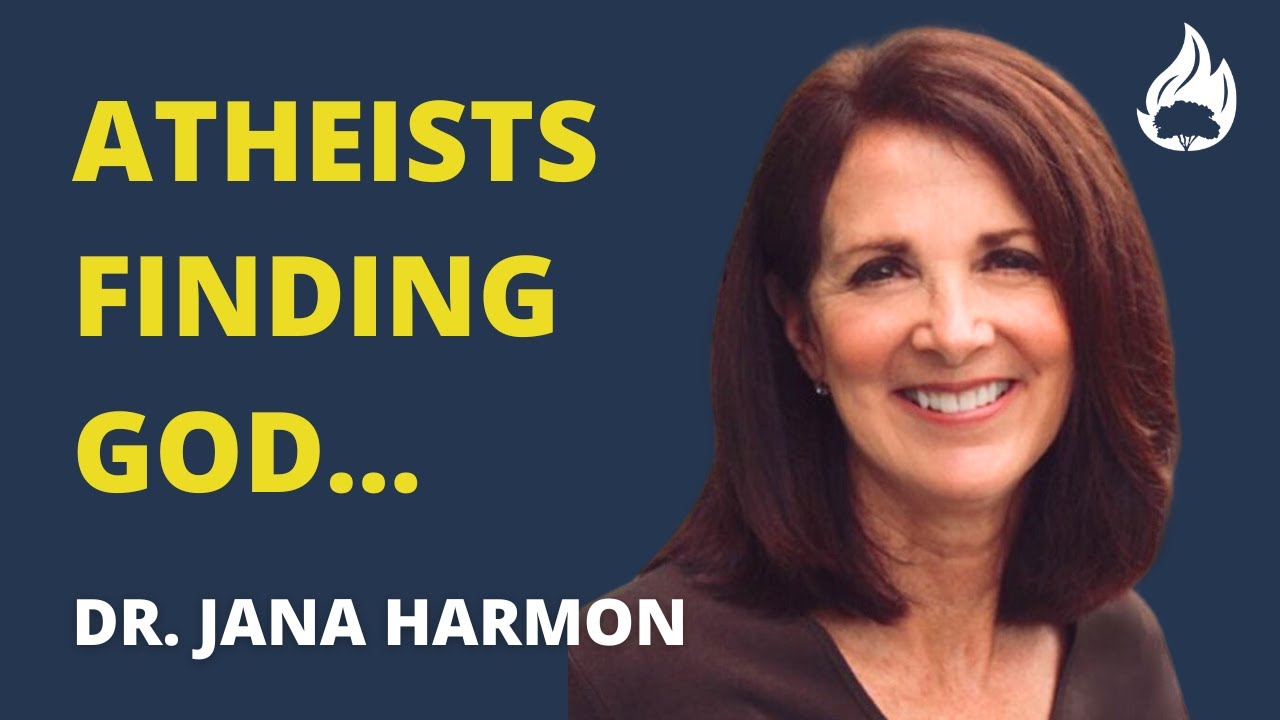Why would an atheist follow Jesus?
Motivated by curiosity and love, Dr. Jana Harmon has asked this question to dozens of former atheists.
In her new book, Atheists Finding God, she shares their stories and the insights we can learn from honestly listening.
Join us for this deep-dive interview to glean wisdom from her many conversations and extensive research in this area.
Some of the questions we discussed:
-
Sometimes, we are offered simplistic or narrow explanations for why atheists convert to Christianity - this is not even among lay people but in the academic literature. However, you propose seeing conversion as a dynamic, complex phenomenon. Why is that?
-
What are some of the main patterns you’ve heard about what it means to be an atheist?
-
How would you describe what it means to be a Christian?
-
Jana, many dozens of atheists have trusted you with their stories. Why do you think this is? How do you build trust to hear how someone thinks about these personal questions?
-
What do you see as a helpful response to abuse, and other problems, in conservative Christian churches and organizations?
-
How can Christians move past negative stereotypes of atheists?
-
You’ve also heard many atheists found interactions with Christians to push them away from God. One quote from Atheists Finding God that struck me was from Justin. He stated, “I didn’t know any real Christian and those who still professed Christ didn’t seem to be very confident, and I didn’t press them because embarrassing them wouldn’t have brought about much of value.”
If you were in charge of all Christian discipleship, what would you prioritize Christians learning? What kind of people do we need to become in order to be a trusted friend for other people, as they search for God?
- One person who registered for our event wanted to ask you this question: “How do you get the conversation going beyond simply asking “Why are you an atheist?” or “What’s your reasoning behind your decision to be an atheist?” I’m stymied after they answer that question …” What can help this person - and a lot of other people - develop a deeper conversation with their atheistic friends?
